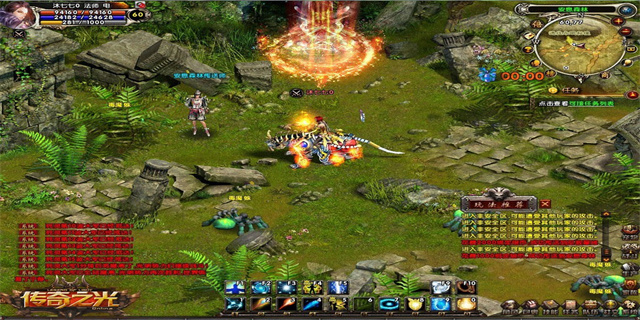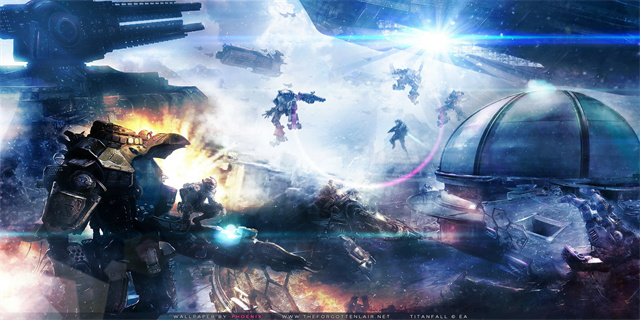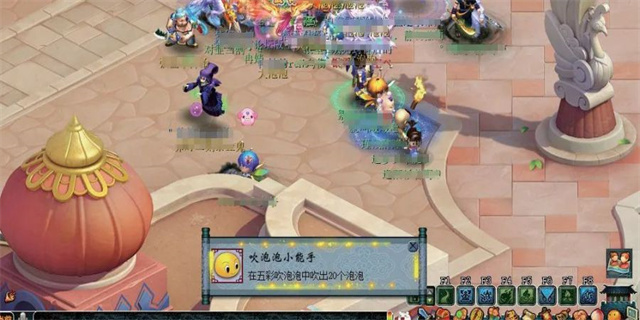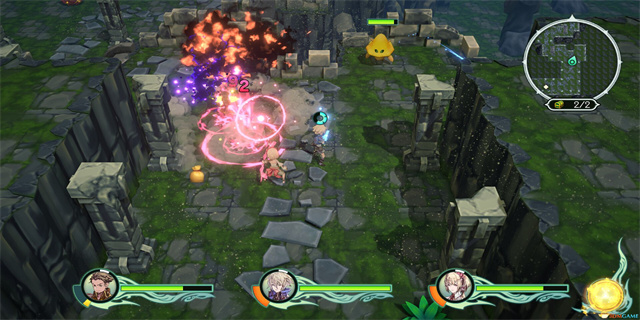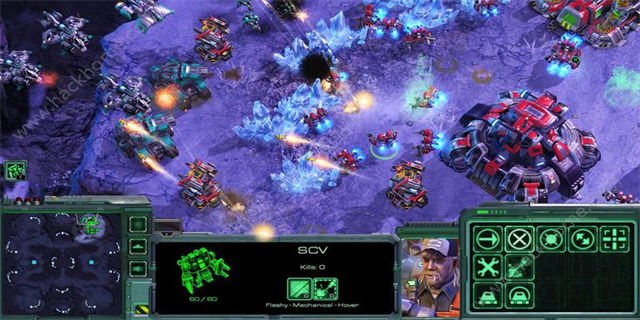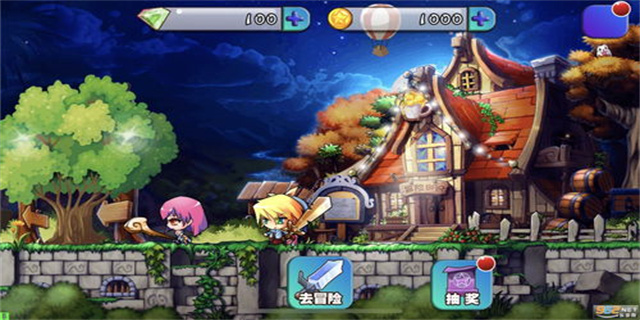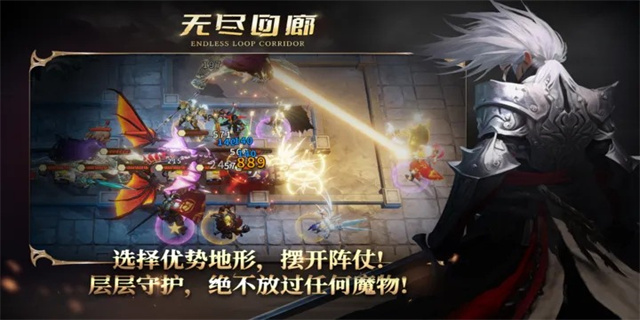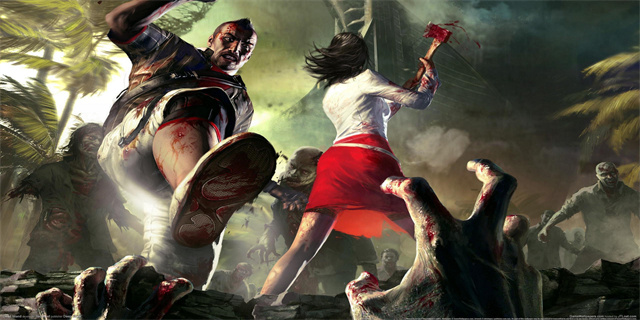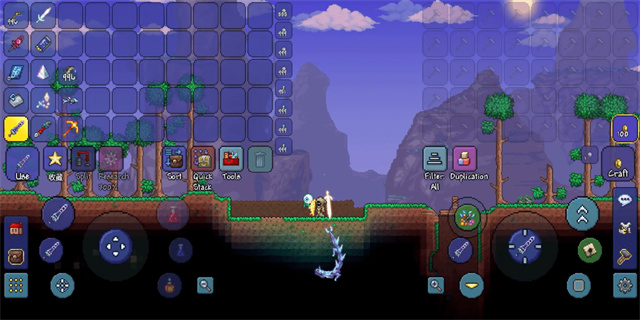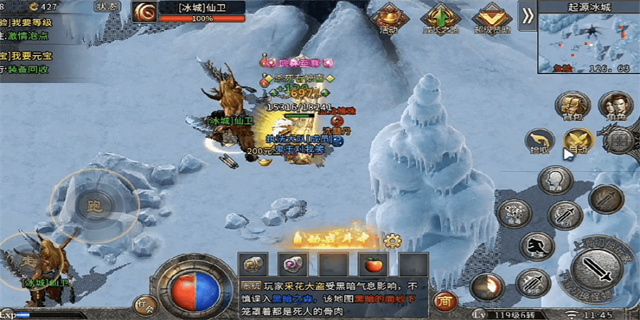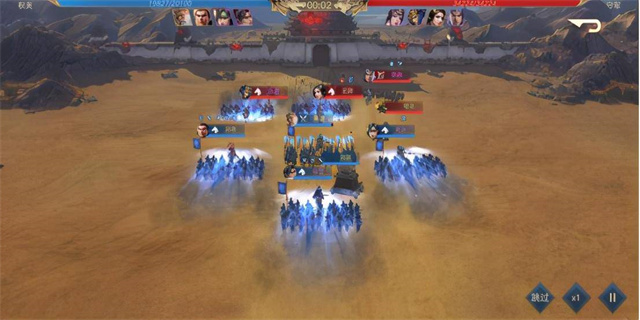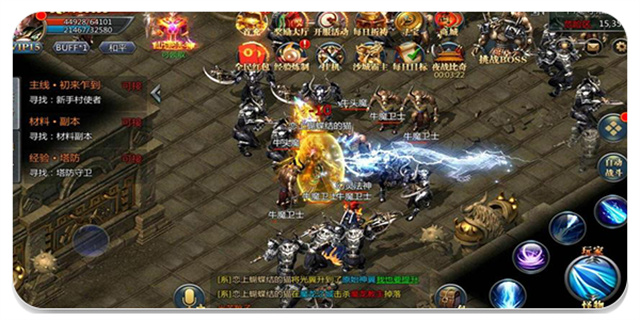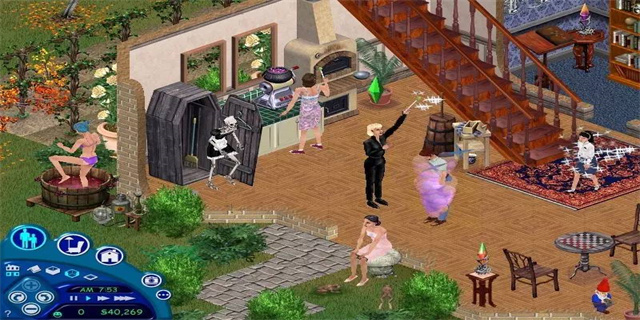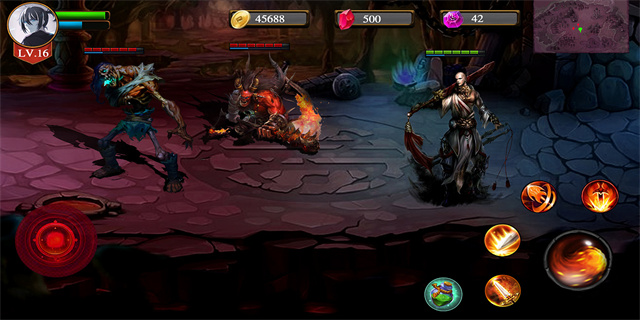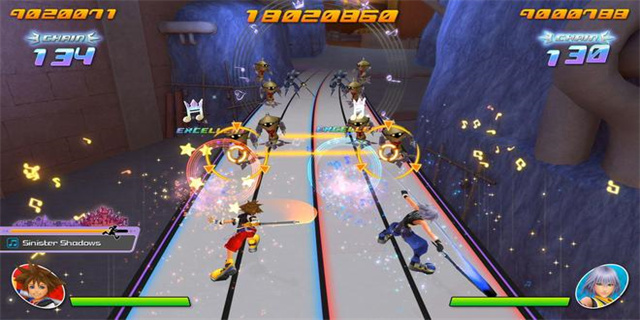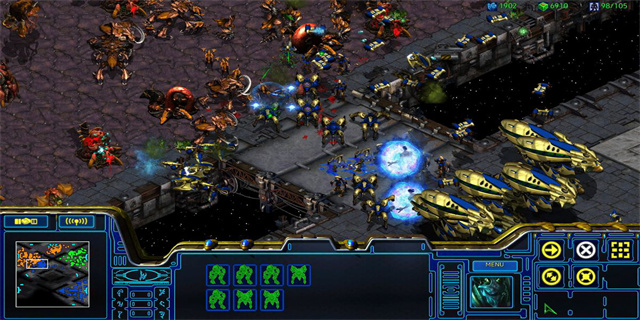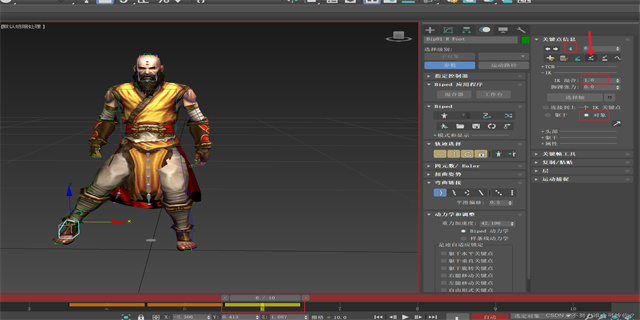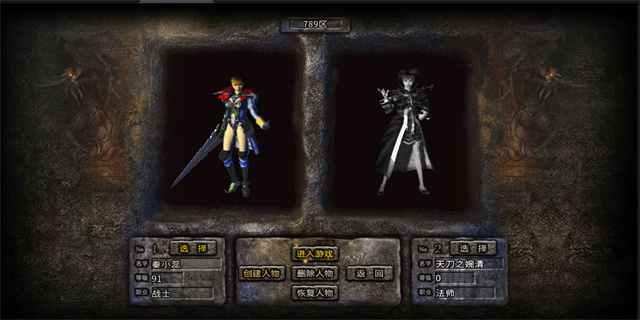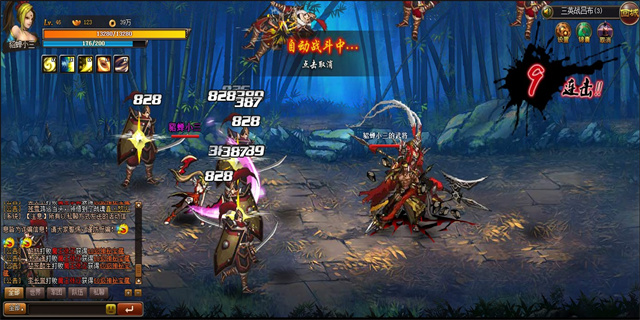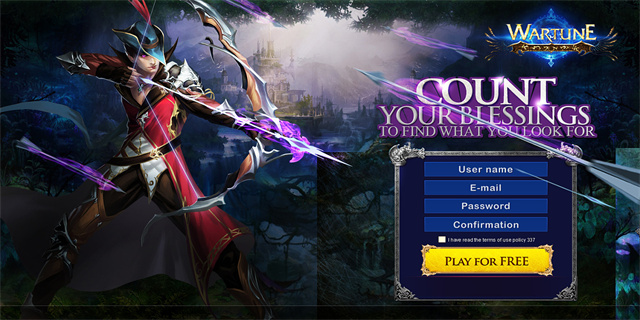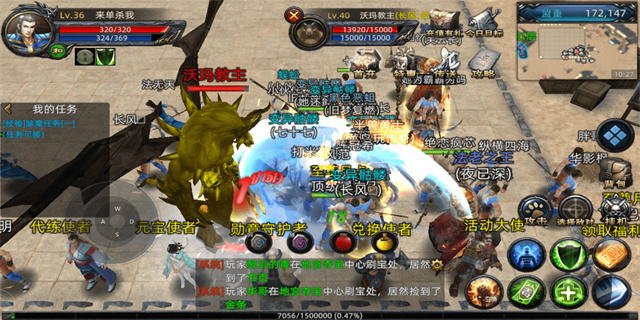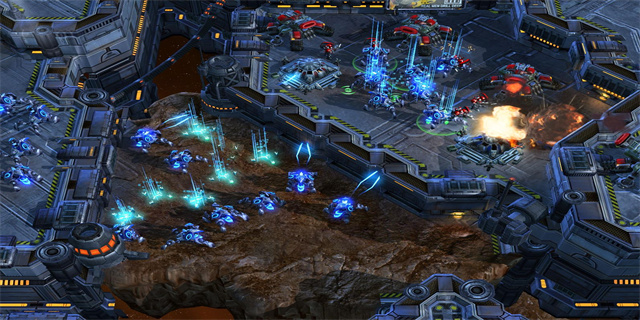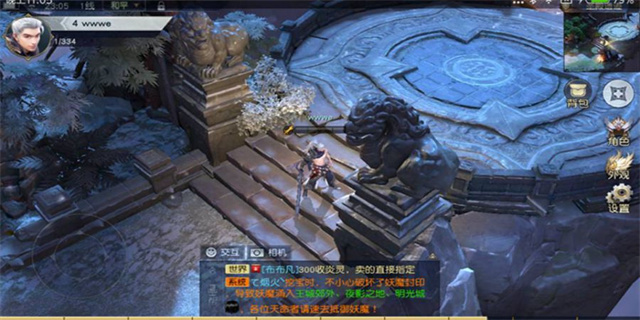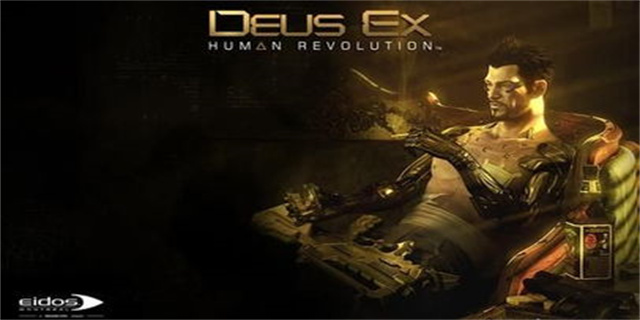PhotoSketch: Turning Sketches into Photos
PhotoSketch is a revolutionary software that has the ability to turn simple sketches into realistic photos. This cutting-edge technology uses deep learning algorithms to generate high-quality images from minimal input. In this article, we will explore the fascinating world of PhotoSketch and delve into its capabilities.
The Power of PhotoSketch
PhotoSketch has revolutionized the way artists and designers approach their creative process. With this software, they can now easily transform their rough sketches into visually stunning images. Gone are the days of spending hours perfecting every detail manually. PhotoSketch automates this process, allowing users to focus on their creativity and imagination.
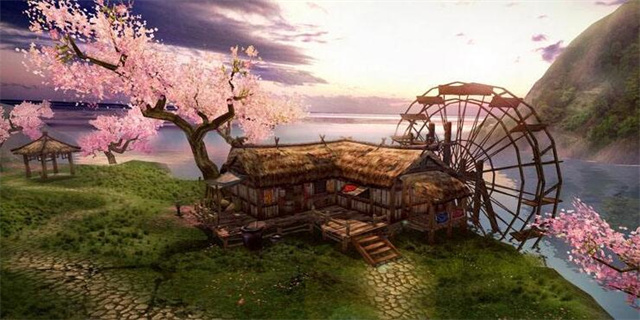
One of the key features of PhotoSketch is its ability to accurately capture and understand the intent behind the sketch. It analyzes the rough lines and shapes and extrapolates the missing details to create a complete image. Whether it's a simple doodle or a complex architectural sketch, PhotoSketch can transform it into a realistic photograph.
How PhotoSketch Works
Behind the scenes, PhotoSketch utilizes a vast neural network trained on a massive dataset of photos. This extensive training enables the software to identify patterns and correlations between sketches and their corresponding real-life images. When a sketch is fed into the system, the neural network applies its learnings to generate a photo that closely resembles the input.
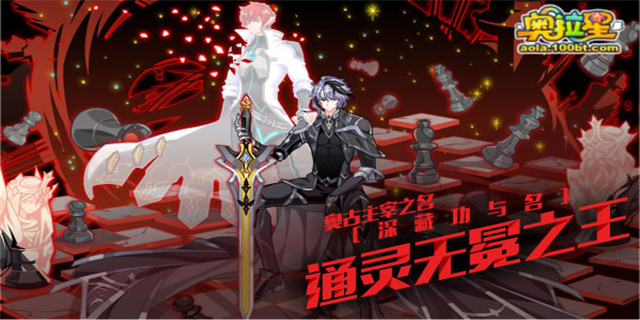
The process begins by breaking down the sketch into its fundamental components: lines, shapes, and textures. These elements are then analyzed and matched with similar features from the dataset. The neural network's complex algorithms come into play here, as it can identify similar patterns and textures, even with minimal input information.
Once the matching features are identified, the neural network combines them to create a coherent and high-resolution image. This process involves not only generating the missing details but also applying realistic lighting, shadows, and textures to ensure the final output is lifelike and visually appealing.
The Limitations and Future Enhancements
While PhotoSketch is an impressive feat of engineering, it does have some limitations. The complexity of the input sketch directly affects the quality of the final photo. Simplistic sketches with clear outlines and shapes tend to produce better results, while more abstract or ambiguous sketches may yield less accurate outputs.
Another challenge lies in maintaining consistency between the sketch and the generated photograph. It's crucial to strike a balance between faithfully interpreting the sketch and adding realistic details. Straying too far from the original input may result in a photo that doesn't align with the artist's vision.
Despite these limitations, the future looks promising for PhotoSketch. Researchers and developers are actively working on enhancing the software's capabilities. One area of focus is enabling the software to understand contextual information and infer additional details based on the sketch's surroundings.
Additionally, integrating user feedback and preferences into the neural network's training can further improve the quality of the generated photos. This iterative process of training and refining the software ensures that it continues to evolve and produce more accurate and visually stunning results.
Conclusion
PhotoSketch has undoubtedly opened up new possibilities for artists, designers, and architects. With its ability to transform simple sketches into realistic photos, it enhances creative workflows and streamlines the design process. While there are limitations to consider, the potential for further advancements in this field is immense. As PhotoSketch continues to develop, we can expect even more impressive results and a broader range of applications in the near future.
